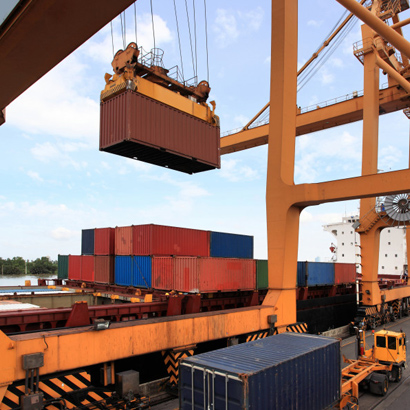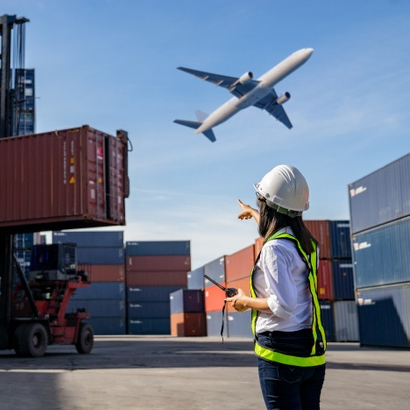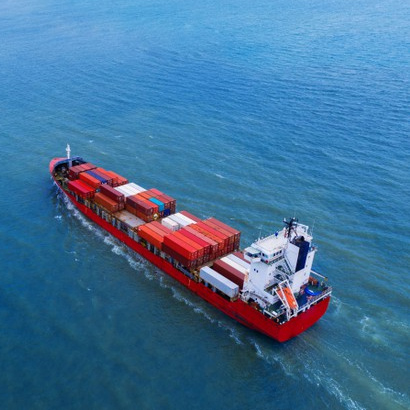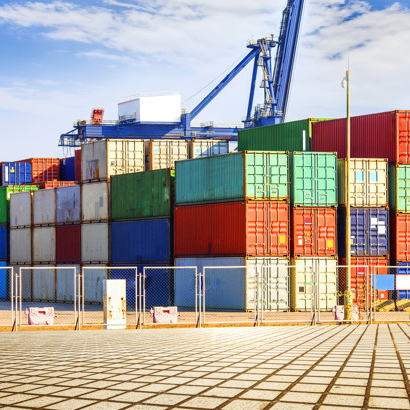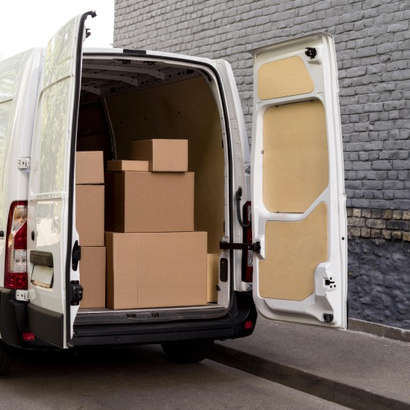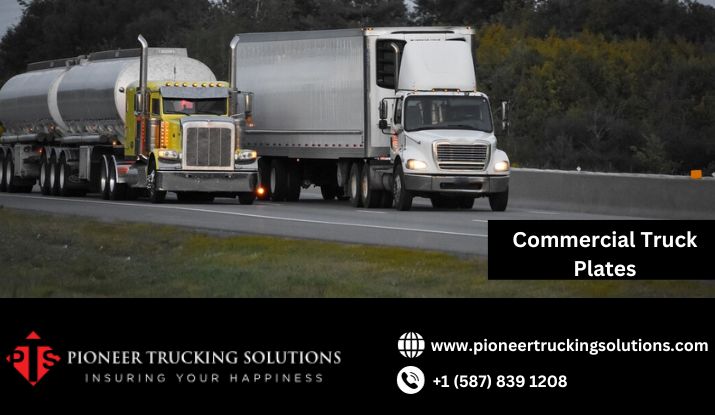Applying for commercial truck plates can be a complex process, especially for those who are new to the industry or unfamiliar with the requirements. To help streamline the application process and address common concerns we are here with this helpful blog.
This post will provide answers to all the frequently asked questions (FAQs) of people who commonly have in mind while applying to get truck plates.
#1: To begin with, what are commercial truck plates?
The truck plates which are also known as commercial vehicle registration or license plates, are special ones issued by the relevant transportation authority for trucks used in commercial operations. These plates indicate that the vehicle is authorized for commercial use and complies with specific regulations and requirements.
#2: Do these truck plates really need anyone?
These plates are mainly required for trucks that are used for business purposes, such as transporting goods, providing services, or conducting commercial operations. If your truck is used primarily for personal use, you may not need commercial plates, but it’s essential to check with your local transportation authority to determine the specific requirements.
#3: What conditions must the application meet for it to be submitted successfully?
The specific documents required for the application may vary, but common requirements include proof of ownership (such as the vehicle title or lease agreement), proof of insurance, business registration or tax identification number, and a valid driver’s license. It’s important to gather all the necessary documents before starting the application process to ensure a smooth and efficient application.
#4: Are commercial trucks subject to any special regulations?
Yes, commercial trucks often have specific requirements that must be met to obtain commercial plates. These requirements may include vehicle inspections, compliance with safety regulations, adherence to weight restrictions, and proper display of identification numbers and company information on the vehicle.
#5: Is it feasible to move truck license plates from one available truck to another?
Usually in some cases, it may be possible to transfer commercial plates between vehicles within the same business entity. However, this process typically requires approval from the transportation authority and may have specific eligibility criteria.
So, while making this big decision it would be best for everyone to consult with the local transportation authority to understand the rules and procedures for transferring commercial plates.
#6: Can I expedite the application process?
In certain situations, it may be possible to expedite the application process for these plates. Some transportation authorities offer expedited services for an additional fee, allowing you to receive your plates sooner.
However, not all jurisdictions provide this option, so it’s important to check with your local transportation authority to determine if expedited processing is available. And if it is, then people can take the help of that asap & get their plates within no time
#7: What takes place if the request is turned down?
After applying successfully, if sometimes an application for truck plates gets denied, it’s crucial to understand the reason for the denial. Common reasons for denial include incomplete or incorrect documentation, failure to meet specific requirements, or issues with the vehicle’s condition or compliance. In such cases, you may have the opportunity to rectify the issue and reapply.
Bottom Line
Applying for commercial truck plates involves navigating various requirements, documentation, fees, & many more things.
So, if you are looking for a professional to know more then you should get in touch with Pioneer Trucking Solutions right away.

